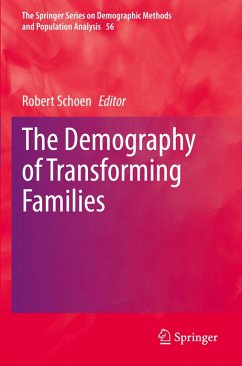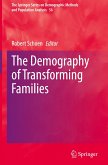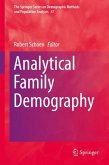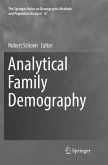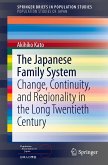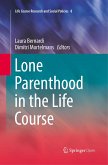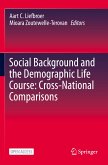This book provides an up-to-date survey on the nature, causes, and patterns of family change. The traditional nuclear family has been replaced by a multiplicity of other forms, as widespread cohabitation, high levels of divorce and union dissolution, rising childlessness, and far below replacement fertility have emerged to an extent never before seen. Theoretical perspectives on this "Second Demographic Transition" are presented, highlighting the dramatic changes in gender roles. New methodological strategies for assessing family dynamics are presented, from multistate models of marriage and divorce combined with fertility to improved techniques for combining census and survey data on the family to a new approach for disentangling age, period, and cohort effects. While the volume emphasizes Western nations, insightful case studies range from analyzing family complexity in cohorts of parents and children in the UK to the impact of interpartner violence on family formation, tothe emergence of a "gender war" in South Korea. By providing new insights into where we are today and how we got here, the book will be of value to all those interested in the contemporary family.
"Delayed Fertility as a Driver of Fertility Decline?" available open access under a Creative Commons Attribution 4.0 International License via link.springer.com.
"Delayed Fertility as a Driver of Fertility Decline?" available open access under a Creative Commons Attribution 4.0 International License via link.springer.com.

